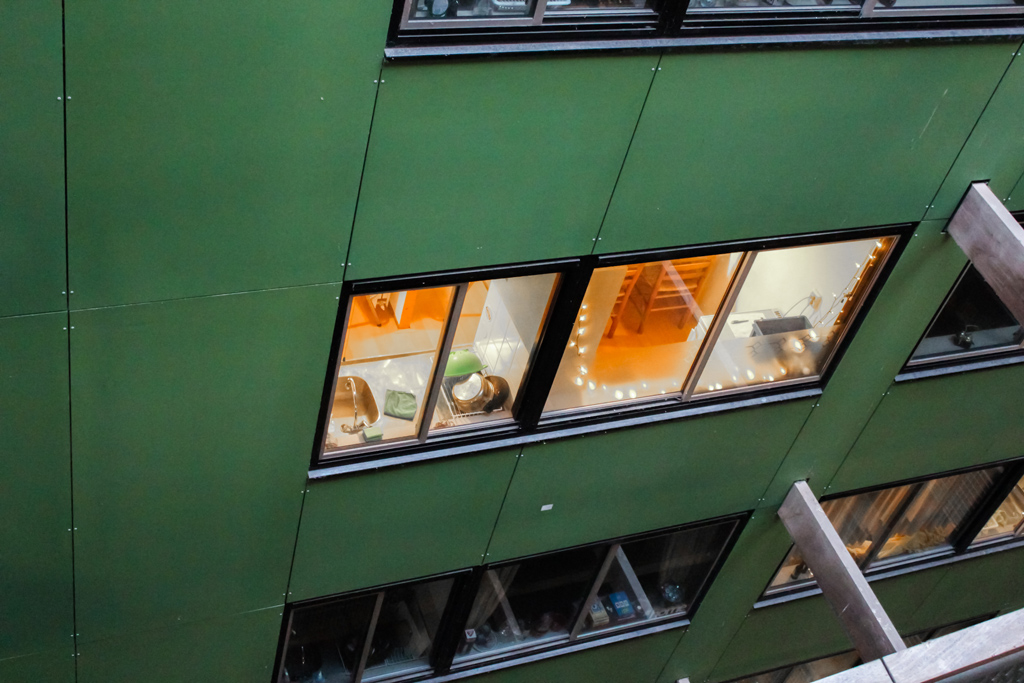Nearly one in three students experience financial worries during the coronavirus crisis, a survey conducted among 1,250 students reveals. Substance abuse is also on the rise.
Photo for illustration. (Photo: Dalia Madi)
These results were published in a report entitled Dear Mark, which brings together the outcomes of three different surveys among a total of 7,750 students. It also makes a number of suggestions regarding the Dutch government’s coronavirus measures.
The report was compiled by students in Leiden, Delft and Utrecht, who have organised under the banner of Studenten Onderzoeken Samen (Students Researching Together), or SOS. They are receiving support from the national student organisation ISO.
Desperate plea
In certain places, the report reads more like a desperate plea to Prime Minister Mark Rutte – the titular ‘Mark’ – than as a study. Time and again, the authors emphasise the enormous impact of the current lockdown on students. They insist that students want more appreciation for their efforts so far and, if at all possible, more freedom.
Some 1,250 students were asked, among other things, about their drug and alcohol use since the start of the pandemic. One in five indicated that they had started drinking more while one in ten said their drug use had intensified, and another 12 percent reported increased use of both.
Almost one in three students reported financial worries. These students had either lost their side jobs or were not able to work as much as they would like. Almost none of the respondents reported concerns about mounting student debts due to study delays.
Sporting events
In one of the other surveys, students shared their thoughts on the government’s Covid measures. Only 45 percent reported that they agreed or strongly agreed with the Cabinet’s response, while 28 percent indicated a neutral stance and 27 percent said they disagreed or even strongly disagreed.
Some of those opposed to the measures simply don’t understand the logic behind the government’s policy. Why are 17-year-olds allowed to play sports while 18-year-olds are not? According to one respondent, cancelling sporting events for young people and young adults has “more disadvantages than advantages”. It is of course entirely possible that the respondent in question has since adjusted their opinion in light of the high number of weekly deaths and overflowing ICUs. Other students argued for even stricter measures to reduce the number of infections more quickly.
The respondents also made all kinds of suggestions. The government could consider taking smarter measures, they believe. They fear, for instance, that students are now passing on the virus in their own homes. In their opinion, it would make more sense to let students get together in cafés and restaurants – with all the necessary safety precautions, of course.
Software
To support them in their education, students are asking for more student psychologists and more government internships. In addition, they suggest that some lecturers might benefit from a course on online teaching. For themselves, students would welcome a more uniform use of online facilities. As it stands, they often have to learn how to navigate new software for each course they take.
The authors also collected more visceral, off-the-cuff responses from their respondents, which reveal that some of them are completely fed up. These students find it annoying, for instance, when older generations blame young people for the spread of the virus. “This virus is not a life-or-death matter for us”, one of them said. “So when they start pointing their fingers only at us, we feel even less inclined to stick to the measures and to continue putting our lives on hold.”
The authors of the report would like to support the government in evaluating the impact of the measures on students, as well as in thinking about possible strategies for a return to normal life. After last year’s ‘intelligent lockdown’, they are ready for an intelligent reopening.
HOP, Bas Belleman | Translation: Taalcentrum-VU
Do you have a question or comment about this article?
j.w.wassink@tudelft.nl


Comments are closed.